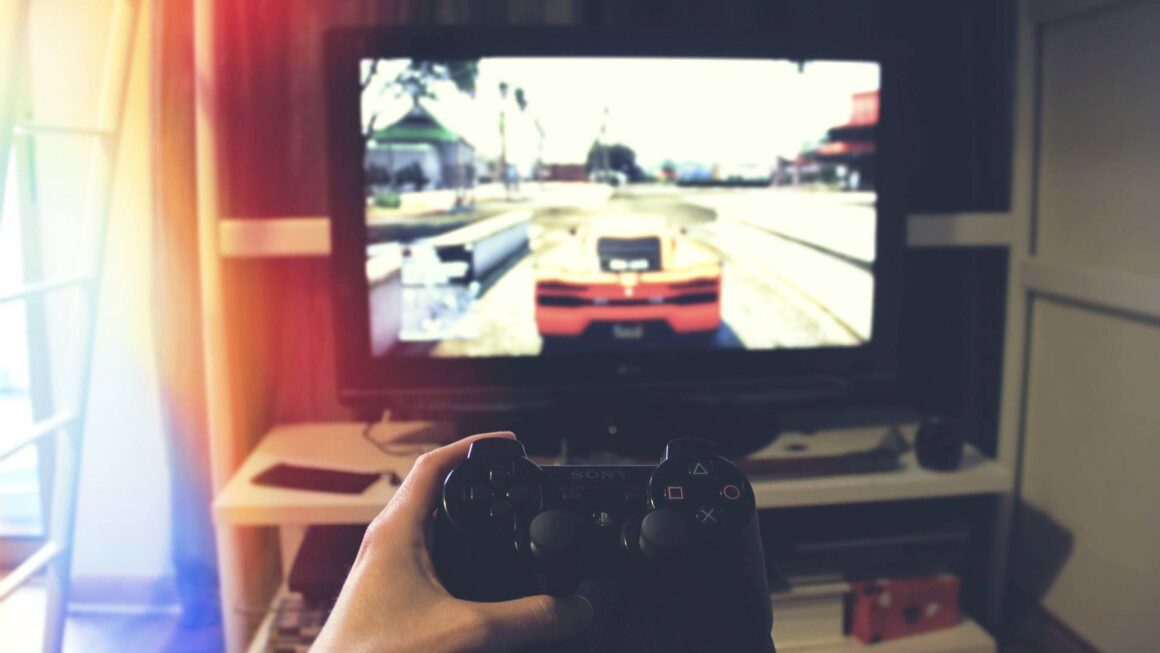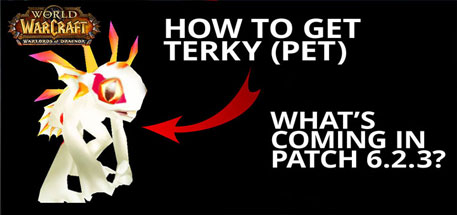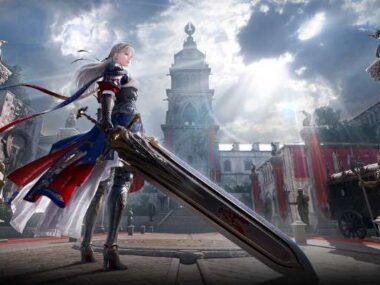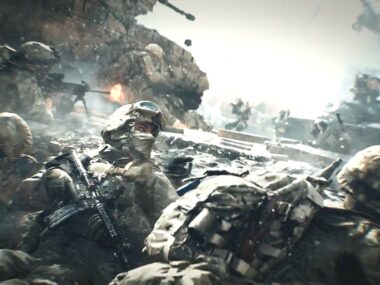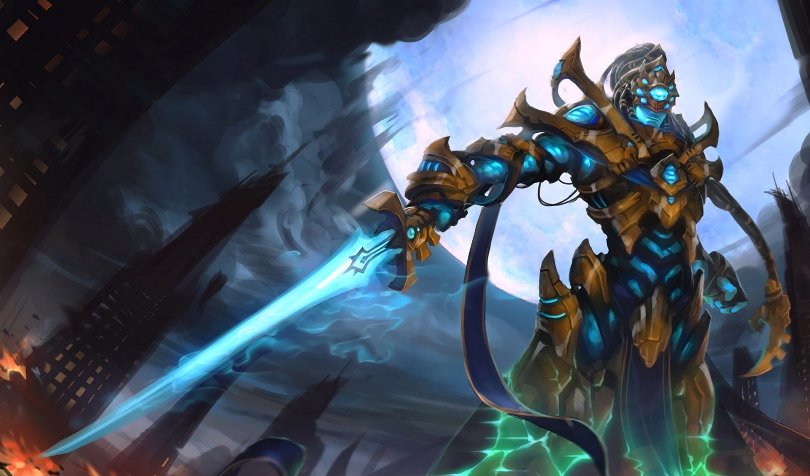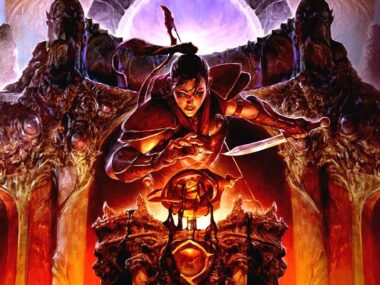In a recent interview with SSENSE, legendary game designer Hideo Kojima didn’t hold back his thoughts on the current state of AAA gaming.
While many players are dazzled by big-budget graphics and high-octane action, Kojima is looking around and seeing the same game over and over again. The core of his argument? If you have the resources to go deeper, you should. What exactly is Kojima critiquing and how much truth is there to it?
The Repetition Problem
Kojima’s first gripe is with originality or the lack thereof. He points out that most games shown at major events like Summer Game Fest look like slight variations of each other. Alien invasions, mutant bosses, post-apocalyptic wastelands. Same visuals, same mechanics, same adrenaline-fueled explosions.
“I feel like I’ve seen this before” has basically become a genre.
While repetition is often a business decision, after all, proven formulas are low-risk and profitable, Kojima argues that it’s sapping the soul out of AAA gaming. If everyone’s just tweaking the same template, who’s actually innovating?
Real-World Knowledge: A Missing Ingredient
Kojima goes deeper than just aesthetics. He believes developers are lacking real-world understanding of the topics they portray. He singles out military and action games, where flashy guns and tactics often take precedence over actual knowledge. He notes that some developers don’t even know how weapons function despite designing entire games around them.
Compare that to Kojima himself, who claims to have undergone real-world training to inform his work “I learned so many ways to kill people,” he jokes, darkly.
His argument is simple: if you’re making a game about something whether it’s warfare, espionage, or historical conflict, you should at least know what you’re talking about. Especially if you have a AAA budget and a studio full of experts at your disposal.
Why Authenticity Matters
This isn’t just a matter of trivia or pride. Authenticity can transform a game. When developers are deeply knowledgeable about the subject matter, it bleeds into every layer, gameplay, narrative, even environmental storytelling.
It’s the difference between Call of Duty: Generic Warfare and something like Red Dead Redemption 2, where the world feels lived-in, the characters feel real, and the systems feel grounded.
In The Last of Us, scarcity and moral ambiguity aren’t just story elements, they’re baked into how you play. That kind of alignment doesn’t happen by accident. It requires deep research, meaningful expertise, and creative leadership to bring it all together.
Games like The Witcher 3 succeed not just because they’re fun to play but because their writing, worldbuilding, and mechanics feel cohesive and informed. They understand the world they’re trying to depict and that makes a difference.
Expertise Isn’t Everything But It Helps
That said, knowledge alone doesn’t make a great game. As some industry veterans point out, even AAA teams with top-tier specialists can miss the mark if leadership is weak or the creative direction is muddled. Subject matter expertise needs to be channeled, not just stockpiled.
A game about the Cold War can still fall flat if it doesn’t know what it wants to say. A historically accurate sword fighting mechanic won’t save your game if the story is incoherent. Authenticity, when used well, deepens the experience but it isn’t a substitute for vision.
Still, Kojima’s point holds: knowledge is power. When used wisely, it can elevate a game from passable to unforgettable.
